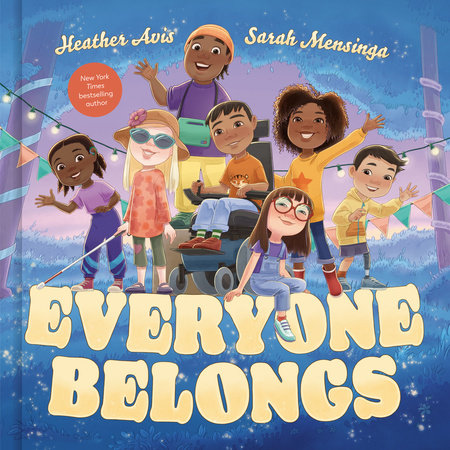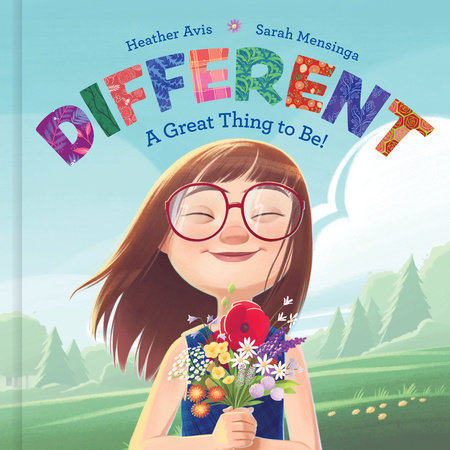How to Foster Belonging In Our Lives and Schools
by Heather Avis
“They don’t want me here.” My seven-year-old son with Down syndrome said boldly and plainly as he tugged on my hand, pulling me away from the entrance of his school. His words shook me to my core. Kneeling down next to him and holding him in my arms, I said, “I’m so sorry you feel that way, buddy. I love you so much. You are so, so wanted.” Then we turned around and went home. I made some phone calls, sent some emails, and a larger conversation began to take place.
It was a challenging school year, to say the least.
The thing is, I know no one at my son’s school ever said those words to him. No one said, “You don’t belong here!” But belonging isn’t something we say. It’s something we show.
Unfortunately, many of the systems set up in our society, the education system being one, work well for students who can fit into the mold. However, like most systems, schools are built without disabilities or people who respond to the world differently in mind. When a space or place works in our favor, we don’t question if we belong there or if others don’t. Yet, as I’ve navigated spaces where my son with a disability lacks a sense of belonging, I see more and more clearly that if everyone doesn’t belong, no one truly does.
When we open our lives and places to all kinds of people, it’s an invitation to see the intrinsic value and worth in all of us and for everyone to find true belonging. And with a desire to belong built into the fabric of our very humanity, how can we create spaces where kids like my son, kids like your son and daughter, heck, all of us, feel a sense of belonging?
Here are five ways we can foster belonging in our kids, homes, and communities:
Be curious
Curiosity is a gateway to learning and growth. When we approach a person different from us, or a situation that feels unfamiliar or uncomfortable, with curiosity instead of fear or judgment, we step towards a relationship. Relationships connect us to one another in meaningful ways and are foundational in fostering belonging.
Assume the best
In life, our kids will interact with people every day. When we assume the best about someone, those interactions become opportunities to grow, learn, and become our best selves. Let’s teach our kids to believe the best in everyone they meet and assume people who differ from them are capable, worthy, and desire to be known and loved.
Extend an invitation
Relationships fulfill our desire for belonging. We all long to walk into a room where people greet us with excitement and anticipation, saying, “I’m so happy you’re here. You’re in the right place!” Let’s teach our kids to approach new people with curiosity, assuming the best about them. Then, take it a step further by inviting the kid in their class to sit by them on the rug, eat lunch together, play tag, join their team, or go out for ice cream after school. This next step of extending an invitation is a powerful step towards belonging.
Be willing to adjust
Developing relationships with people who experience the world differently than ourselves can get a little uncomfortable. The kid who uses a device to speak or a chair to move around may have different needs than we do. Often, the onus of making a space or relationship work for people with disabilities is on people with disabilities and those who love them. As we approach situations, places, and people, be aware that everyone needs to bend, flex, and adjust—not just the person with the disability. Belonging says, “we are all in this together!”
Keep trying
Our journey towards becoming our best selves, seeing the best in others, and creating spaces where everyone belongs requires significant learning and growth. Learning and growing cannot happen without us making mistakes along the way. It can get messy. Let our kids know it’s okay to get it wrong sometimes, but don’t give up on the relationship. Be quick to say sorry and try again.
My son has been a beautiful invitation to notice the spaces without people who are different from me, and to make those spaces into ones that foster belonging. Disability invites us to see that until everyone belongs, no one truly does. It’s an invitation to recognize my desire for belonging and create a world where everyone belongs. You are invited too!
-
Books by the Author:
-
Everyone Belongs
Also available from:Different–A Great Thing to Be!
Also available from:


